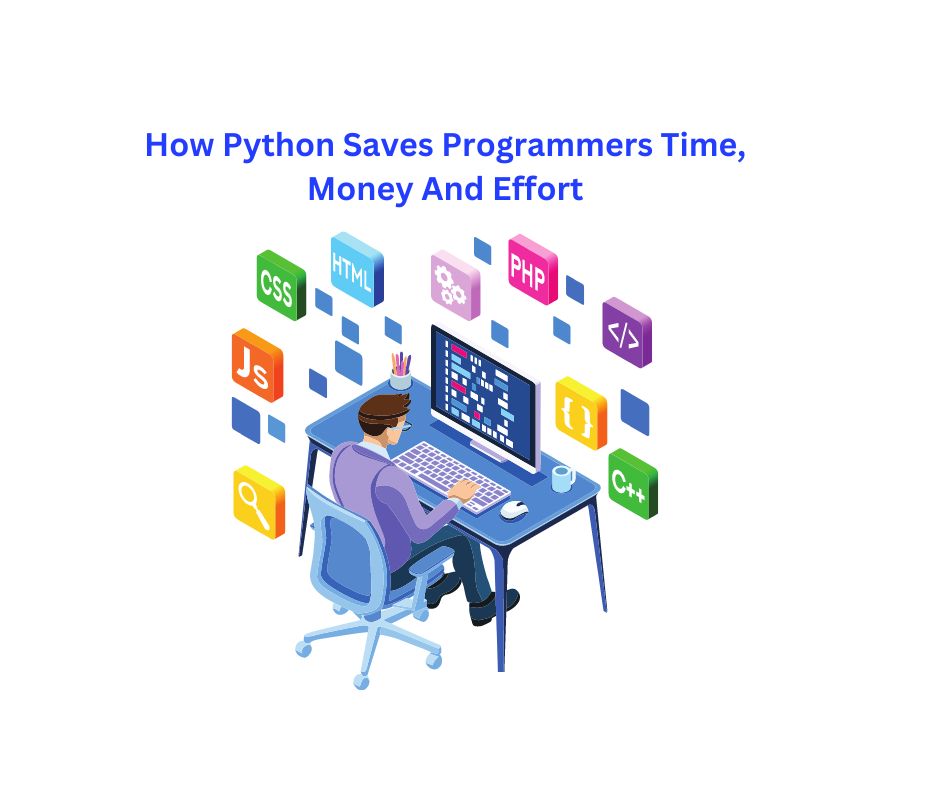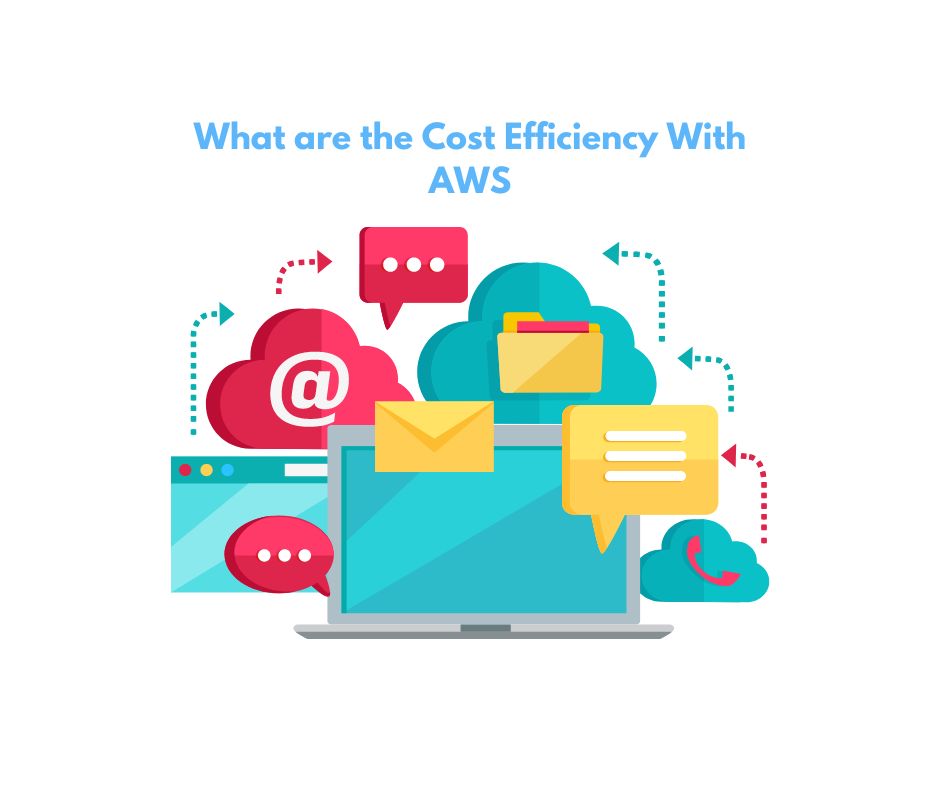How Python Saves Programmers Time, Money And Effort

Python is a powerful programming language that is easy to learn and can save programmers time, money, and effort. It simplifies complex coding processes and makes it easy to read, write, and maintain code. Additionally, Python comes with powerful tools like debugging modules and artificial intelligence libraries that make it a more cost-effective solution than other languages. All popular web frameworks are written in Python making it an ideal choice for developing modern applications. Robust and secure applications can be developed within shorter timelines without the need for extra resources. In addition, python is scalable and dynamic meaning applications can be built without requiring extra resources or complicating dependencies. So whether you’re looking to streamline your coding process or build robust, dynamic applications – Python is the perfect language for you!
Python’s Best Libraries For Web Development
Python is a versatile programming language that’s used by web developers all over the world. It has many powerful libraries that can be used for various tasks, such as web development. In this blog, we’ll take a look at some of the best Python libraries for web development. The Python Full Stack Training in Hyderabad course by Kelly Technologies helps to build the skills needed to become an expert in this domain.
First, we’ll look at Pipenv, a dependency management library that makes it easy to manage your dependencies. Pipenv automates the process of installing and managing your dependencies using a simple command-line interface. This makes it easy to keep your Pythons up-to-date and secure, as you won’t have to worry about manually installing and updating packages.
Next, we’ll look at Requests, an HTTP library that’s built on top of urllib. Requests is widely used because it’s efficient and easy to use. It also provides support for various protocols such as HTTPS and cookies. This makes it perfect for handling requests from clients across different platforms (mobile devices included).
Thirdly, we’ll take a look at NLTK (Named Lists Toolkit), which is a Python library for data analysis and machine learning. NLTK provides support for training machine learning models using data sets from text files, CSV files, or even images! Additionally, NLTK has modules that allow you to perform natural language processing tasks such as sentiment analysis or text categorization.
Fourthly, TensorFlow is an open source library for machine learning that was developed by Facebook AI Research (FAIR). TensorFlow allows you to create custom models using complex mathematical operations in order to achieve high performance results. Furthermore, TensorFlow is available on MacOS X and Windows machines thanks to its cross-platform architecture。 Finally, Numba is an efficient high performance computing library written in Python that can accelerate certain types of numerical calculations by up to 100x times compared with traditional CPU code。 Lastly we have Flask which is the most popular Python web application framework with over 2 million active installations on GitHub。 Flask allows you to easily create dynamic websites by providing functions for handling views templates and forms. along with Jinja2 templates engine which makes creating reusable templates easy. Pytest helps you test your code quickly while Django helps make developing dynamic websites easier than ever before。.
How To Leverage Python Libraries For Web Applications
Python is an incredibly versatile language that can be used for a variety of web development tasks. In this section, we’ll outline the benefits of using Python for web development and provide a list of some of the most popular Python libraries for this purpose. We’ll then discuss how to integrate and utilize these libraries to create powerful and efficient web applications. Finally, we’ll cover some tips on task automation and reducing development cycles. By following these tips, you’ll be able to get your projects done more quickly and with less hassle.
When it comes to web development, there are many benefits to using Python. First, it’s easy to learn – even if you’re not familiar with programming languages. Second, Python is widely supported by various web browsers so your code will work across a wide range of devices and platforms. Third, Python has a high level of standardization which makes it easier to read and maintain your codebase overall. Fourth, Python has been widely adopted in the scientific community as a language for data analysis and machine learning – giving you extra flexibility when building complex applications involving those areas. And finally, it’s available free of charge – making it an affordable option when compared to some other popular language choices like Java or JavaScript.
In this section, we’ll introduce you to some of the most popular Python libraries for web programming: django, Flask, Pyramid, ClickMeeting, SQLAlchemy. We’ll also show you how to use these libraries in order to create simple yet powerful web applications. Along the way, we’ll cover strategies for debugging and troubleshooting python applications as well as best practices for leveraging these libraries in your projects.
Frameworks Supporting Full Stack With Python
Python is a versatile language that offers many options when it comes to web frameworks. This means that you can find a framework that best suits your needs and preferences. In this section, we will take a look at some of the most popular Python web frameworks and their benefits.
Frameworks like Django, Flask, Pyramid and Pylons are all popular full stack frameworks. They offer a great deal of flexibility and compatibility with other programming languages, making them ideal for advanced developers. These frameworks also offer comprehensive documentation and support for various machine learning and artificial intelligence applications. Plus, they are highly scalable open source projects with efficient debugging and testing tools available. Finally, mobile development is easily accomplished using frameworks like Kivy. So whether you’re new to Python or you’re an experienced developer, these frameworks are sure to be a valuable addition to your toolkit.
Using Python To Optimize Code Efficiency
Python is a powerful programming language that has a lot to offer developers. Not only is it easy to write code, but it also offers outstanding features such as readability and speed. In this section, we’ll take a look at some of the ways that Python can help you code more efficiently and with greater speed.
One of the biggest benefits of using Python is its value. Compared to other languages, such as Java or C++, Python is much less expensive. This means that you can use it for smaller projects or for projects where speed is more important than cost. Additionally, Python has a variety of libraries that can be used for solving complex tasks. This makes it an excellent choice for machine learning algorithms, as well as distributed computing tasks.
Python also has great scaling capabilities when handling large data sets. With its ability to integrate with other programming languages, you can create highly modularized code that is easily understood and debugged. Plus, its compatibility with other machines allows you to deploy your code quickly and easily on different systems.
Conclusion
This article in the geocentury must have given you a clear idea about Python Full Stack industry. Python is an immensely versatile and powerful programming language that is well-suited for a variety of tasks. It is easy to learn, offers great tools for debugging and automation, and can be used with popular frameworks to create web applications. Additionally, it has strong community support and is widely used by major tech companies. All of these factors make Python the programmer’s best friend! If you are looking to develop your skills as a developer or build robust applications, Python should be your go-to language.




